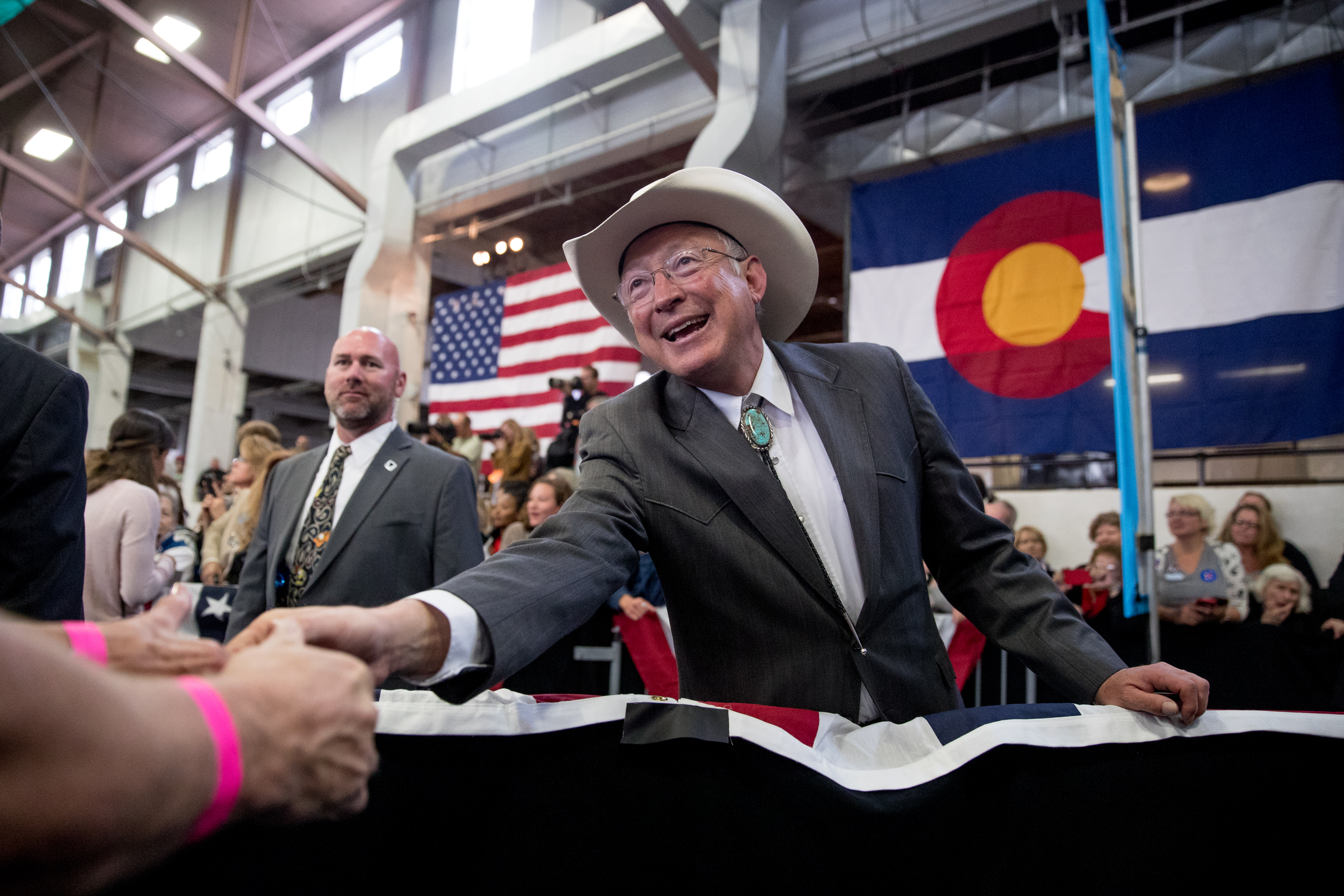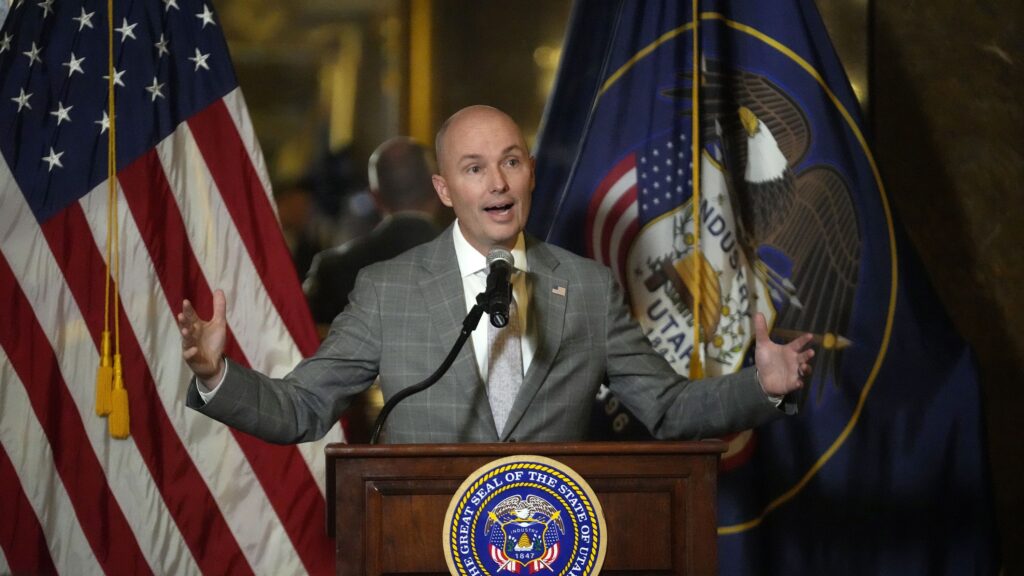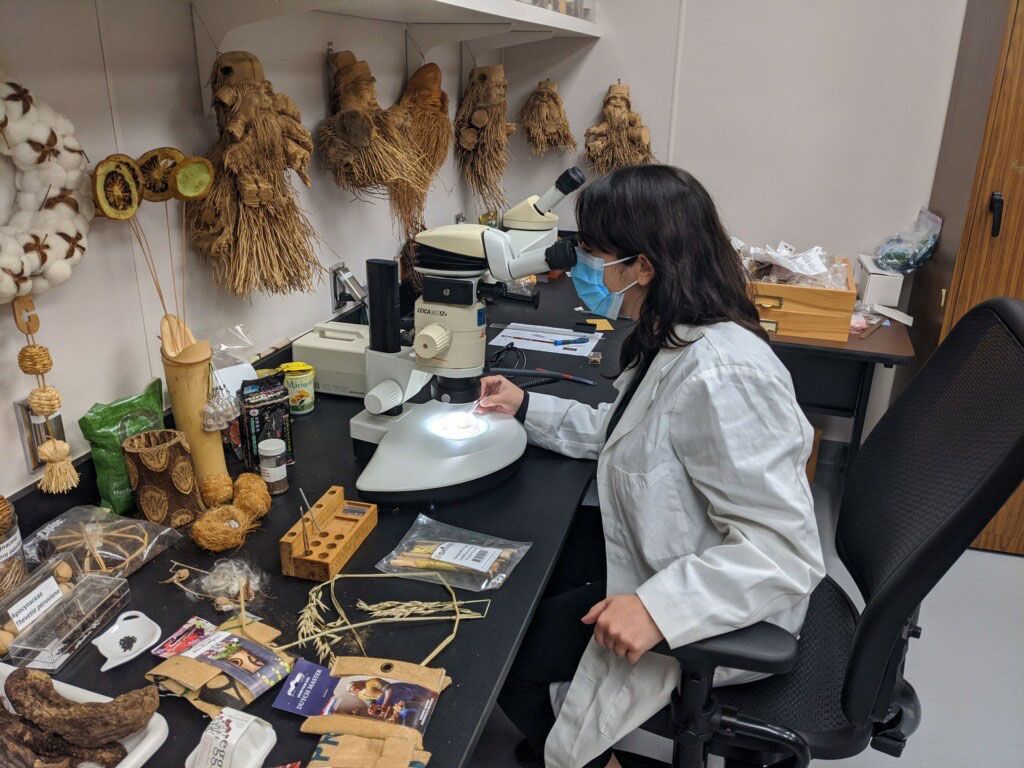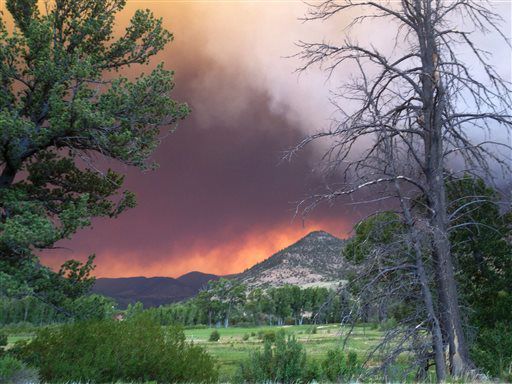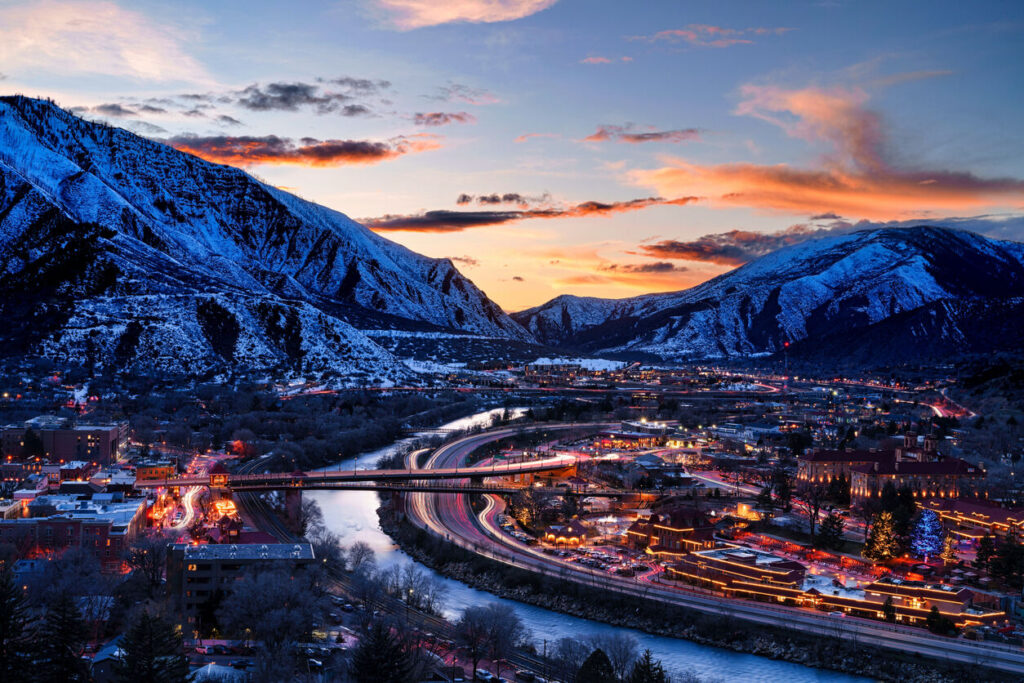Salazar formally launches state tour, marks formidable entry into U.S. Senate race | A LOOK BACK

Twenty Years Ago This Week: Colorado Attorney General Ken Salazar, the Democratic Party’s favored candidate for U.S. Senate, launched his “Conversations with Coloradans” tour with a kickoff event at his Denver campaign headquarters.
Salazar told a crowd of supporters, headlined by Denver Mayor Wellington Webb, that he was “…proud of the fact I’ve been a farm worker and a rancher in the San Luis Valley of Colorado. I want to take those values I’ve learned in the San Luis Valley to the U.S. Senate.”
Salazar was embarking on a months long tour of all of Colorado’s 64 counties and described the tour as “a conversation about the issues affecting our state, our nation and our world.”
The fifth-generation Coloradan spoke about his childhood picking peas and potatoes and bailing hay.
“Twelve generations ago, my grandfathers and grandmothers founded the city of Santa Fe,” Salazar said. “This is a different journey. I recognize that I’m the underdog. I recognize that the U.S. Senate should represent the ordinary people of Colorado.”
Though humbly describing himself as an underdog, Salazar had already raised over half a million dollars in the first three weeks of his campaign including from Republicans who had supported his candidacy for attorney general. So to had he already cleared the field of his most credible challengers.
“I want to bring effective solutions and coalitions for all our people of Colorado,” Salazar said. “We’ve lost 100,000 jobs in Colorado. There is a $500 billion deficit. We’re passing the economic stranglehold on to our children. The federal government, as the number one polluter of the nation, needs to be held accountable. That’s the kind of ethic I will bring to Washington.”
Salazar listed national and homeland security, jobs, education, the environment and health care as the five central pillars of his campaign and, if elected, the focus of his work in the U.S. Senate. Salazar also advocated for more after school programs to prevent minors from going down the path of “crime and violence.”
Jim Carpenter, Salazar’s campaign manager, argued that while the Republican candidates, Pete Coors and Bob Schaffer, adhered to a right-wing agenda, it was Salazar with the proven track record.
“In the end, Ken Salazar has the proven ability to get things for people across party lines,” Carpenter said. “Ken Salazar has the background and experience that money just can’t buy.”
Though there were two heavy hitters vying for the seat on the Republican side, many well-entrenched Colorado pundits could already feel a palpable, energetic wind growing in Salazar’s sails.
Ten Years Ago: Well-known Centennial State staple, Colorado businessman and former Republican U.S. Senate Candidate Pete Coors insisted that there was no conflict of interest arising from his post as both chairman of the 2016 Republican National Convention Host Committee and his position as finance chairman of Bob Beauprez’s gubernatorial campaign.
Coors stated that he was a member of Beauprez’s finance committee “in name only” and that he wasn’t planning on doing any work for the campaign.
The beer magnate went as far as to say that he was “practically irrelevant” to Beauprez’s finance committee and that he would instead be devoting 100% of his time to the Host Committee to successfully bring the Republican National Convention to Denver.
The committee had already attracted a number of Democratic members keen on the intrinsic economic benefits that such a large scale event would bring to the city and state, including Gov. John Hickenlooper. But political insiders questioned whether it was right that Hickenlooper be working so closely with a member of his rival’s campaign committee, but Coors countered that notion, saying that the Republican National Committee was intrigued at the growing broad coalition of support.
“It’s good for the city, and good for Colorado,” Coors said.
Rachael Wright is the author of the Captain Savva Mystery series, with degrees in Political Science and History from Colorado Mesa University, and is a contributing writer to Colorado Politics and The Gazette.
